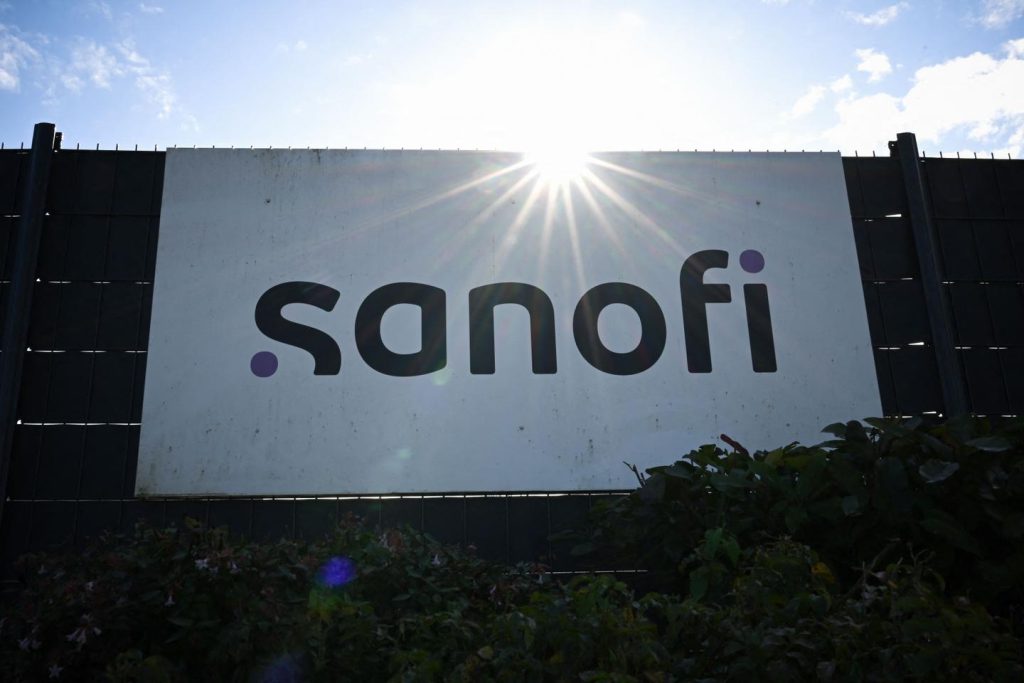The CFDT and CGT labor unions at Sanofi’s Lisieux production site in Calvados have called for an indefinite strike starting on Thursday to oppose the expected sale to an American fund of the consumer health division of Opella group, which markets Doliprane. The CFDT, the dominant union at Sanofi, has called for a general strike starting on October 17 to express anger against the sale of Opella across all group sites. On the other hand, the CGT has issued an indefinite call to strike until the withdrawal of Opella’s sale at the two French sites in Lisieux and Compiègne. This decision comes after the management sent a letter to employees downplaying the situation, confirming their intention to sell to an American fund regardless of government demands.
The potential sale has raised concerns within the public opinion and among political leaders, highlighting issues of health sovereignty and jobs. The government is requesting guarantees from Sanofi regarding production in France, normal supply in pharmacies, and sufficient stocks of Doliprane. The Minister of Health, Geneviève Darrieussecq, expressed her desire to obtain these assurances. The Minister of the Economy, Antoine Armand, emphasized the government’s demand for specific, strong, and non-negotiable conditions for the future. He also mentioned the possibility of the state’s presence in Opella’s board of directors and participation in the capital. The government is also conducting a comprehensive review of public assistance received by Sanofi over the past decade, which is seen as essential for informed decision-making.
The debates surrounding the potential sale of Opella highlight the complex issues of national sovereignty and the protection of jobs in the pharmaceutical industry. The unions’ strikes reflect the dissatisfaction and opposition among workers to the sale of the consumer health division to an American fund. The government’s insistence on guarantees from Sanofi regarding production, supply, and stocks of Doliprane shows the importance it places on safeguarding national interests in the pharmaceutical sector. The CGT and CFDT’s united front against the sale demonstrates the strength of opposition within the workforce.
The political and economic dimensions of the potential sale of Opella’s consumer health division have led to heightened tensions between the unions, the company, and the government. Sanofi’s decision to proceed with the sale despite opposition from labor unions and government demands for guarantees indicates the challenges of balancing corporate interests, public health concerns, and political pressures. The outcome of this conflict will have significant implications for the future of the pharmaceutical industry in France, as well as for national sovereignty and job security. The government’s involvement in seeking assurances and conducting a review of public assistance for Sanofi reflects its commitment to protecting the country’s interests in the face of corporate decisions with potential far-reaching consequences.


